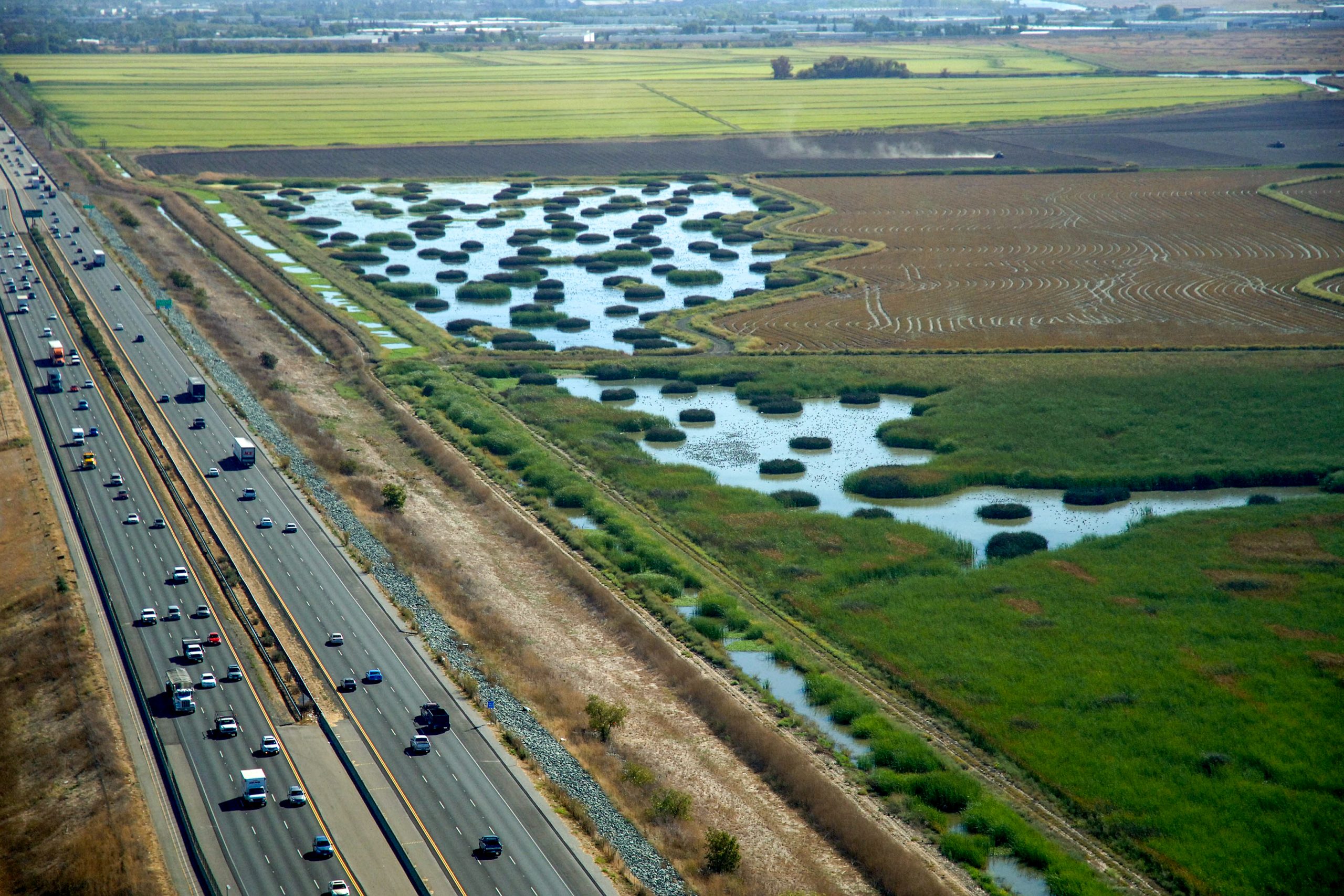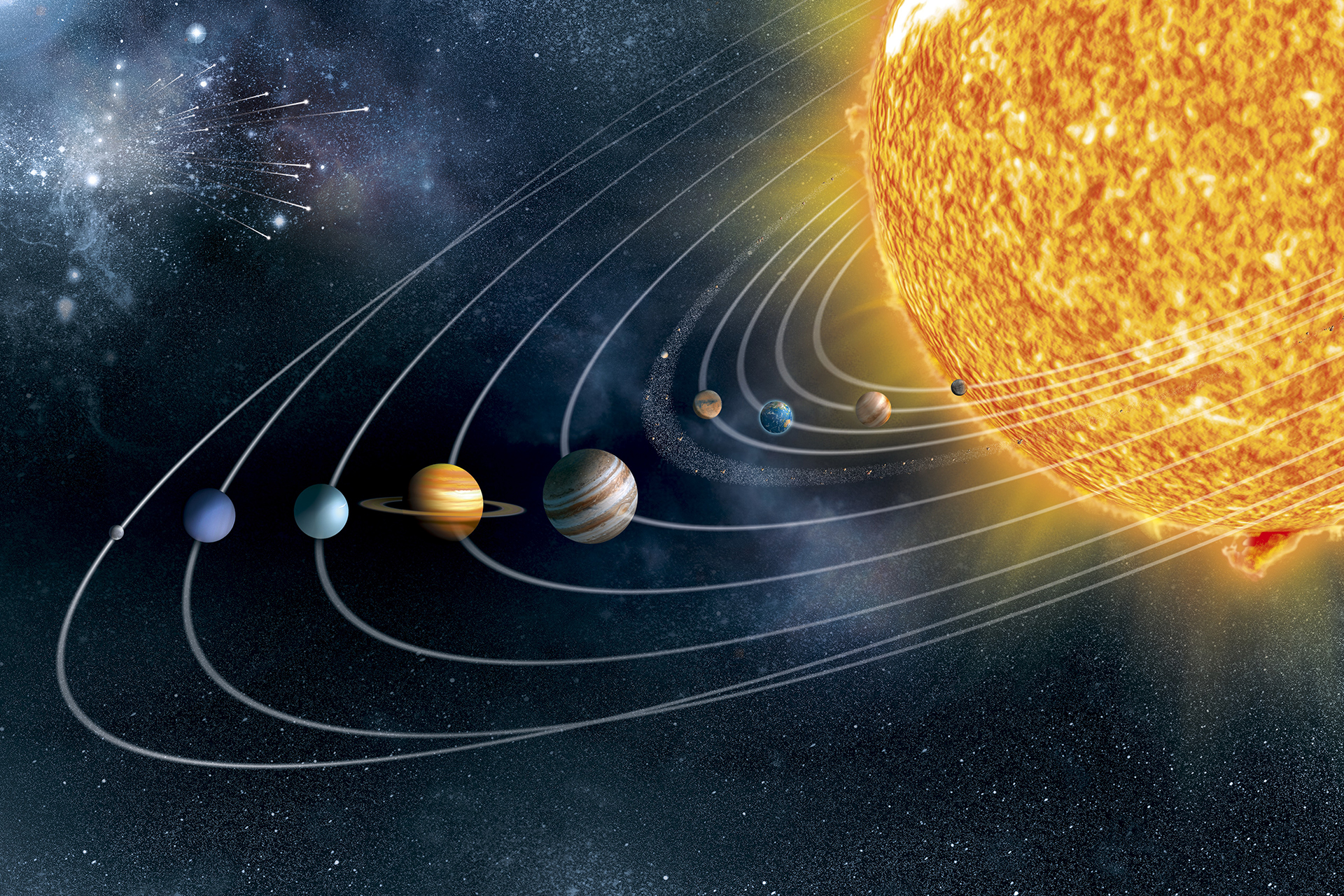Search Results for: feed
Turning Wildfire Treatment Debris Into Marketable Wood Products
New report & May 9th webinar offer solutions to reduce emissions and improve wildfire resilience
Berkeley Law’s Center for Law, Energy and the Environment (CLEE) and UCLA Law’s Emmett Institute on Climate Change & the Environment are releasing today a new policy report: Branching Out: Waste Biomass Policies To Promote Wildfire Resilience and Emission Reduction. The report offers solutions to develop a sustainable market for the residual waste material generated …
Continue reading “Turning Wildfire Treatment Debris Into Marketable Wood Products”
CONTINUE READINGGovernors Launch Action Plan to Reduce Deforestation and Improve Lives in Forested Regions
Manaus Action Plan for a New Forest Economy advances ambitious action at Governors’ Climate and Forests Task Force 12th Annual Meeting hosted by state of Amazonas
For more than a decade of leadership and innovation, member states and provinces of the Governors’ Climate and Forests (GCF) Task Force have been developing strategies, programs, investment plans, and new legal structures to address tropical deforestation, embark on a low-emissions development path, and benefit their populations and the climate. These governments have developed jurisdiction-specific, …
CONTINUE READINGCan we govern large-scale green infrastructure for multiple water benefits?
by Lidia Cano Pecharroman, Christopher Williams, Nell Green Nylen, and Michael Kiparsky
Green infrastructure is increasingly emphasized as an alternative, novel path for water infrastructure. The possibilities are intriguing: Can we transition from a landscape dominated by siloed grey infrastructure (think concrete and steel, constructed for one or a few key outcomes like water supply or flood control) to one that centers natural processes in water infrastructure …
Continue reading “Can we govern large-scale green infrastructure for multiple water benefits?”
CONTINUE READINGCOPs as Three-Ring Circus
Reflections on Glasgow a few weeks later
It is often hard to make sense of what happens at the annual climate meetings, and easy to get cynical. For two or three weeks, climate politics gets intense worldwide news coverage. Acute pressure mounts over the two weeks to get some announcable achievement, which almost always happens after all-night negotiations on the final day. …
Continue reading “COPs as Three-Ring Circus”
CONTINUE READINGLosing Justice Hobbs, Western Water Expert and Valued Mentor
When former Colorado Supreme Court Justice Gregory J. Hobbs passed away recently, just weeks shy of his 77th birthday, he left a gaping hole in the hearts of many. Not just family and close friends. But people across the Colorado legal community, the broader Western water community, and a far-flung network that includes Berkeley Law …
Continue reading “Losing Justice Hobbs, Western Water Expert and Valued Mentor”
CONTINUE READINGThe Latest Chapter in Los Angeles’ Century-Long Water War With the Eastern Sierra’s People & Environment
LADWP’s Unilateral Revocation of Water Allocation to Mono County’s Farmers & Ranchers Triggers County’s CEQA Challenge
There LADWP goes again. Recently the Los Angeles Department of Water and Power announced it was walking away from its longstanding obligation to provide Mono County residents and the environment with a tiny fraction of the water it transports from Mono County to LADWP’s urban customers in Los Angeles. When efforts by county officials to …
CONTINUE READINGThe Fuss about Methane
Part 1: Science and weird facts
Methane is getting a lot of attention in climate debates. There was even a “Methane Day” last Tuesday at the climate conference in Glasgow. Several new regulations controlling methane emissions have been adopted recently, including two new rules for the US oil and gas sector announced last week. There’s a new informal international agreement to …
Continue reading “The Fuss about Methane”
CONTINUE READINGThe Shock of the Global
What the current fossil fuel energy crisis means for climate and clean energy policy
Pick up any newspaper and it is clear that much of the world is experiencing a series of interrelated energy price shocks. In Europe and the UK, natural gas prices are up by more than 500% over the last year, hitting all-time highs earlier this month. In the US, even with abundant supplies of natural …
Continue reading “The Shock of the Global”
CONTINUE READINGReport from Planet X
Help, our energy system screwed up our planet!
A long time ago, in another galaxy far far away . . . . Dear Galactic Governance Collaborative, Those of us who colonized Planet X now find ourselves in dangerous straits. We request urgent assistance due to escalating environmental instability. You’re thinking it’s not easy to screw up an entire planet. You’re right about that. …
Continue reading “Report from Planet X”
CONTINUE READINGTackling Agricultural Methane: Monitoring and Policy Strategies
A review of inventory, monitoring, and regulatory tools needed to reduce agricultural methane emissions
(This post was authored by Eric Peshkin, a JD candidate at NYU School of Law and CLEE summer research assistant) Last week, global leaders announced a commitment to reducing global methane emissions. In a previous blog post, I briefly reviewed some of the innovative strategies to reduce methane emissions from agricultural livestock and rice operations, …
Continue reading “Tackling Agricultural Methane: Monitoring and Policy Strategies”
CONTINUE READING












